Ten Questions for Cooper Lee Bombardier
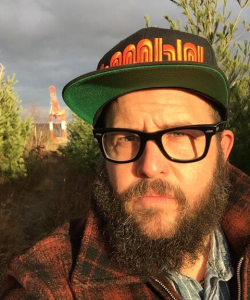
“It is a vulnerable thing to expose one’s least-glamorous moments to the scrutiny of the page.” —Cooper Lee Bombardier, author of Pass With Care
Jump to navigation Skip to content
Articles from Poet & Writers Magazine include material from the print edition plus exclusive online-only material.

“It is a vulnerable thing to expose one’s least-glamorous moments to the scrutiny of the page.” —Cooper Lee Bombardier, author of Pass With Care
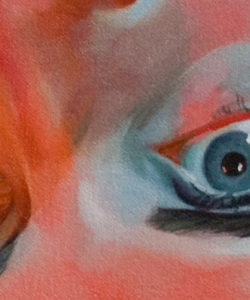
Jessica Gross’s Hysteria, forthcoming from Unnamed Press on August 18, 2020.

The author of White Blood: A Lyric of Virginia discusses definitions of poetry, ancestral silence, and unpacking American history’s “white blood.”
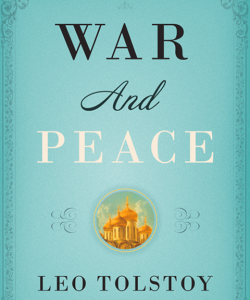
Reading Tolstoy’s War and Peace as part of a virtual book club hosted by Yiyun Li and A Public Space has become a comforting ritual during the pandemic.
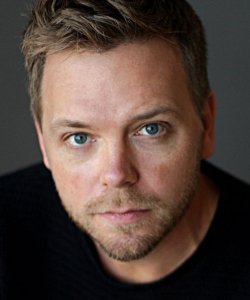
The author of The Nix struggles with the pressure to be productive during the pandemic and finds relief in celebrating the small victories.
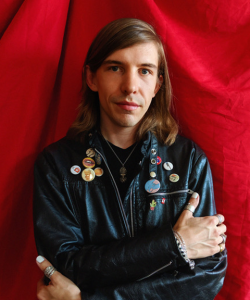
“Write what you do not know, which I think is particularly helpful because—not to sound too much like Socrates—I’m not really convinced that anyone knows anything.” —John Elizabeth Stintzi, author of Vanishing Monuments

The author of The Prettiest Star shares strategies and questions that help him get to know his characters.
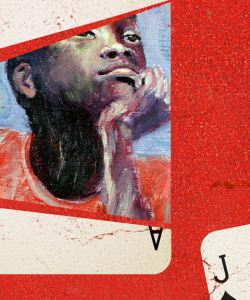
Nate Marshall’s Finna, forthcoming from One World on August 11, 2020.

Lambda Literary, a nonprofit dedicated to supporting LGBTQ literature and writers, has launched a fund-raiser to help it stay afloat during the COVID-19 pandemic.

The author of The Prettiest Star celebrates the magic of minor characters.

“There was nothing hard about writing it, it was more like finally giving in to some terrible force.” —Rufi Thorpe, author of The Knockout Queen
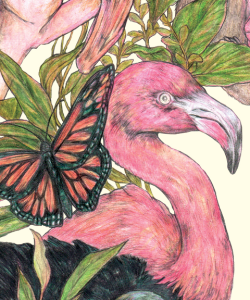
Aimee Nezhukumatathil’s World of Wonders, forthcoming from Milkweed Editions on August 11, 2020.
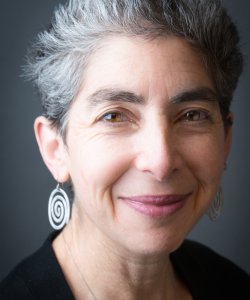
A writer considers the ways in which the coronavirus pandemic is changing us, including the words we use.
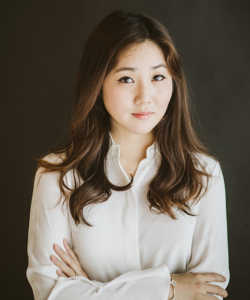
“I need three things to write: snacks, drinks, and silence.” —Frances Cha, author of If I Had Your Face

The author of The Prettiest Star explores a variety of archives to help him capture the specific spirit and look of the eighties.
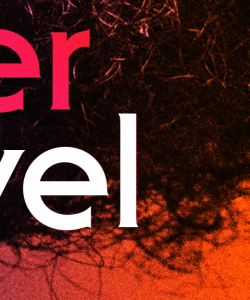
Raven Leilani’s Luster, forthcoming from Farrar, Straus and Giroux on August 4, 2020.
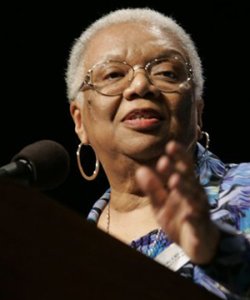
The five poets who make up the Poets at the End of the World collective discuss how they support one another as artists, contribute to social causes, and envision a better, more just future.

This week’s installment of Ten Questions features Ho Sok Fong and Natascha Bruce, the author and the translator of the story collection Lake Like a Mirror.

The pandemic has forced teaching writers and their students to move classes online, but that’s far from the only challenge for adjunct professors at colleges and universities across the country.

Carter Sickels recalls the challenges of juggling multiple first-person narrators in his novel The Prettiest Star.

Matthew Baker’s Why Visit America, forthcoming from Henry Holt and Company on August 4, 2020.
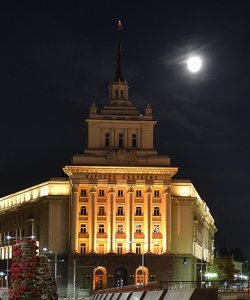
A writer in Sofia, Bulgaria, tracks the coronavirus pandemic through a global network of family and friends.

Jafreen Uddin, the new executive director of the Asian American Writers’ Workshop, discusses her vision for the organization, which has been the de facto home for Asian American writers for nearly thirty years.
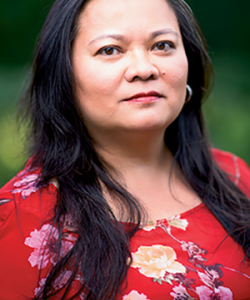
Restless Books creates space for immigrant stories through its annual prize, which awards $10,000 and publication to a first-generation immigrant writer.
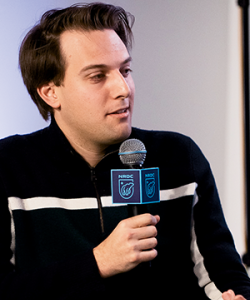
The books editor of Entertainment Weekly discusses how he picks which titles to review and what he thinks books coverage will look like in ten years.